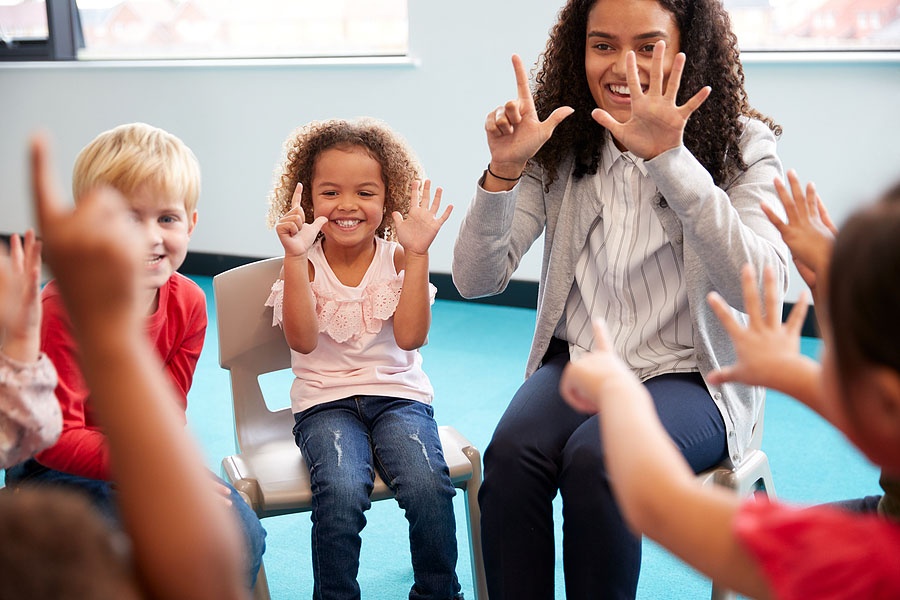The Montessori educational method is a child-centered approach that emphasizes hands-on learning, independent exploration, and individualized instruction in private kindergarten. Traditional education, on the other hand, is teacher-centered and typically follows a structured curriculum. Here are five big differences between a Montessori private kindergarten and traditional education.
- Learning Environment
Montessori kindergartens are designed to be open and inviting, with a focus on natural lighting, soft colors, and comfortable seating. Traditional classrooms tend to be more structured with desks arranged in rows and fluorescent lighting. The Montessori approach emphasizes creating a warm and welcoming learning environment.
- Curriculum
Traditional education follows a set curriculum with specific learning objectives for each grade level. Montessori education, on the other hand, follows the child’s interests and abilities. Montessori teachers observe their students and create individualized learning plans based on their needs, strengths, and interests.
- Teaching Style
Montessori teachers act as guides, providing support and encouraging independent learning and exploration rather than lecturing to the whole group. Traditional teachers typically lead classroom instruction relying more on lectures and homework assignments.
- Assessment
Traditional education places a strong emphasis on standardized testing and grades. Montessori education focuses on the development of the whole child, including social, emotional, and academic growth. Montessori teachers use observation and informal assessments to track student progress and adjust their teaching accordingly.
- Classroom Dynamics
Montessori classrooms are typically mixed-age, with children spanning a 3-year age group. Traditional classrooms are usually segregated by age and grade level. In Montessori classrooms, children are encouraged to collaborate and help one another, fostering a sense of community and teamwork.
Benefits of Montessori Education
The Montessori approach can provide several benefits for children, including:
- Encouraging Independence
Montessori education emphasizes independence and self-motivation, helping children develop a strong sense of self and confidence.
- Fostering Creativity
The Montessori method encourages creativity and exploration, allowing children to develop their own unique perspectives and ideas.
- Developing Critical Thinking Skills
Montessori education focuses on hands-on learning and problem-solving, helping children develop critical thinking skills.
- Promoting Social Skills
The mixed-age classrooms and emphasis on collaboration and teamwork in Montessori education help children develop strong social skills.
- Encouraging a Love of Learning
The individualized approach to learning and emphasis on following the child’s interests in Montessori education helps foster a love of learning.
Montessori education and traditional education differ in several ways, including the learning environment, curriculum, teaching style, assessment, and classroom dynamics. While traditional education is effective for many children, the Montessori approach offers a unique and effective learning experience that encourages independence and a love of learning.
